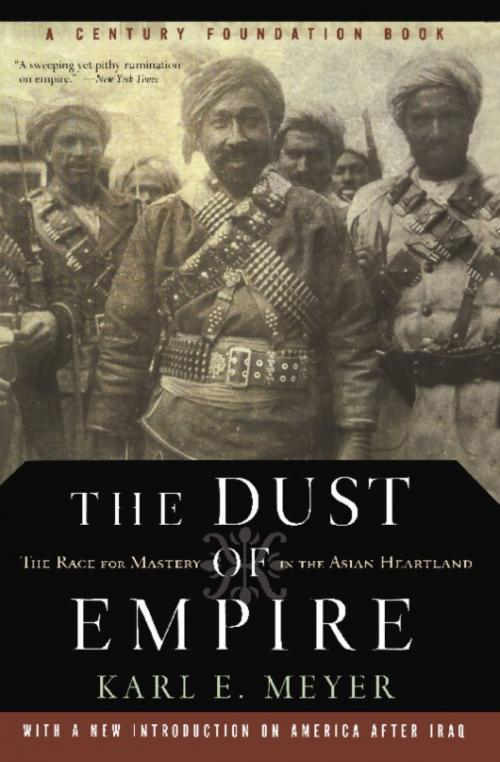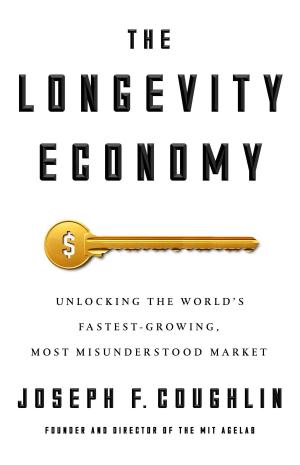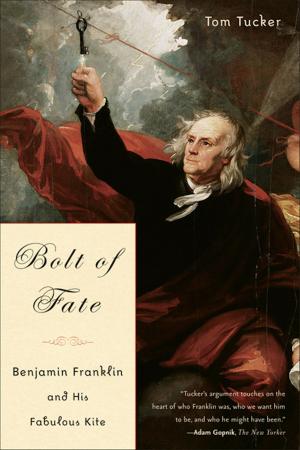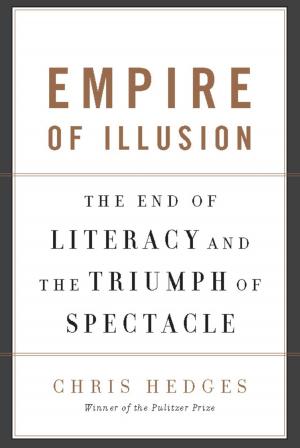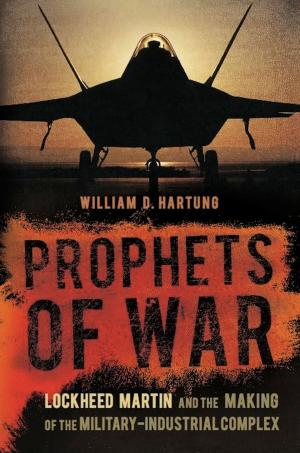| Author: | Karl E. Meyer | ISBN: | 9780786724819 |
| Publisher: | PublicAffairs | Publication: | August 5, 2008 |
| Imprint: | PublicAffairs | Language: | English |
| Author: | Karl E. Meyer |
| ISBN: | 9780786724819 |
| Publisher: | PublicAffairs |
| Publication: | August 5, 2008 |
| Imprint: | PublicAffairs |
| Language: | English |
When Charles de Gaulle learned that France's former colonies in Africa had chosen independence, the great general shrugged dismissively, "They are the dust of empire." But as Americans have learned, particles of dust from remote and seemingly medieval countries can, at great human and material cost, jam the gears of a superpower.
In The Dust of Empire, Karl E. Meyer examines the present and past of the Asian heartland in a book that blends scholarship with reportage, providing fascinating detail about regions and peoples now of urgent concern to America: the five Central Asian republics, the Caspian and the Caucasus, Afghanistan, Iran, Pakistan and long-dominant Russia. He provides the context for America's war on terrorism, for Washington's search for friends and allies in an Islamic world rife with extremism, and for the new politics of pipelines and human rights in an area richer in the former than the latter. He offers a rich and complicated tapestry of a region where empires have so often come to grief-a cautionary tale.
When Charles de Gaulle learned that France's former colonies in Africa had chosen independence, the great general shrugged dismissively, "They are the dust of empire." But as Americans have learned, particles of dust from remote and seemingly medieval countries can, at great human and material cost, jam the gears of a superpower.
In The Dust of Empire, Karl E. Meyer examines the present and past of the Asian heartland in a book that blends scholarship with reportage, providing fascinating detail about regions and peoples now of urgent concern to America: the five Central Asian republics, the Caspian and the Caucasus, Afghanistan, Iran, Pakistan and long-dominant Russia. He provides the context for America's war on terrorism, for Washington's search for friends and allies in an Islamic world rife with extremism, and for the new politics of pipelines and human rights in an area richer in the former than the latter. He offers a rich and complicated tapestry of a region where empires have so often come to grief-a cautionary tale.
